CCEI, together with WBCSD and Alibaba Group, jointly hosted the "International Supply Chain Decarbonization Innovation Workshop in Beijing"
On July 16, 2025, the International Supply Chain Decarbonization Innovation Workshop, co-hosted by the World Business Council for Sustainable Development (WBCSD) and Alibaba Group, and supported by organizations including the China Climate Engagement Initiative (CCEI), was held at Alibaba’s Chaoyang Technology Park in Beijing.
As an essential part of the conference, the session on “Strategies and Practices for Scope 3 Emission Reduction”, was successfully held. Chaired by Lijian Zhao, Joint Secretary General of CCEI and Director of the Greentech Innovation and Investment Center at the Institute of Finance and Sustainability (IFS), the scope 3 session brought together experts from international organizations, industry associations, and leading enterprises. Focusing on "Strategies and Practices," the Scope 3 session systematically explored how companies can overcome the three major challenges of Scope 3 data, boundary definition, and collaboration.

During the keynote session, Jialing Si, Regulatory Affairs Manager for Asia at the International Financial Reporting Standards (IFRS) Foundation, shared that 36 jurisdictions have initiated the adoption of ISSB standards. Starting next year, Hong Kong will mandate large listed companies to disclose Scope 3 emissions, and in Mainland China, the Ministry of Finance’s draft sustainability disclosure standard for public consultation has also designated Scope 3 as a compliance red line. Wenquan Zhang, Research Associate at the Sustainable Transition Center of the World Resources Institute (WRI), presented the latest progress of the GHG Protocol Scope 3 Working Group, including the proposed establishment of a three-tier data disclosure framework, the refinement of investment categories under Category 15 emissions, and the introduction of a new Category 16 for facilitated emissions. Xifeng Li, Head of Energy for Global Supply Chain Management China at Schneider Electric, introduced Schneider’s global initiative—the “Zero Carbon Project”—launched in collaboration with 1,000 suppliers worldwide to accelerate supply chain decarbonization. Schneider provides suppliers with guidance on carbon reduction methods, technical support, and on-site energy efficiency diagnostics, while leveraging a digital platform to track emission reduction outcomes, to achieve a 50% carbon reduction by 2025.
Dr. Annie Feng, Associate Sustainability Director at Arcadis China, proposed a lightweight path of “focusing on “high-emission suppliers + using industry data estimation” to share relevant carbon reduction practices such as lowering the initial investment threshold for enterprises. Shanshan Ding, green supply chain director at the Institute of Public and Environmental Affairs (IPE), introduced that, relying on publicly available environmental data, IPE continuously carries out the Corporate Climate Action CATI Index evaluation, promoting Chinese and foreign companies to accelerate supply chain emission reduction. Mingyi Liu, Executive Deputy Secretary-General of the Green and Low-Carbon and ESG Committee of the China Association for Standardization, stated that the key to Scope 3 emission reduction lies in taking the “1+N” sustainable procurement standard system as the starting point, establishing a series of carbon reduction methodologies, and embedding carbon performance into the full lifecycle management of the supply chain.
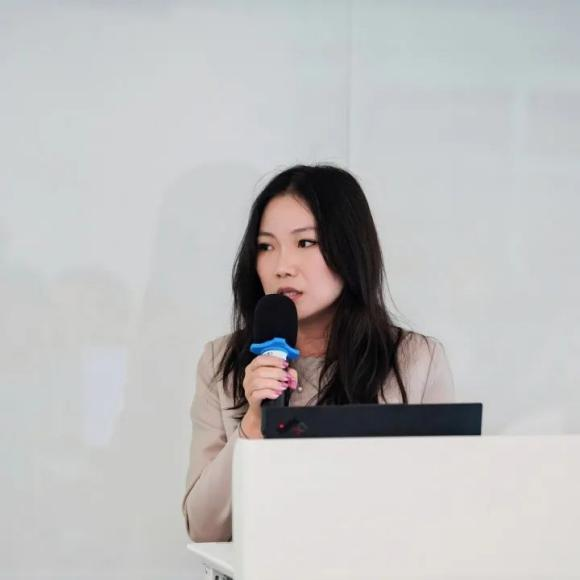

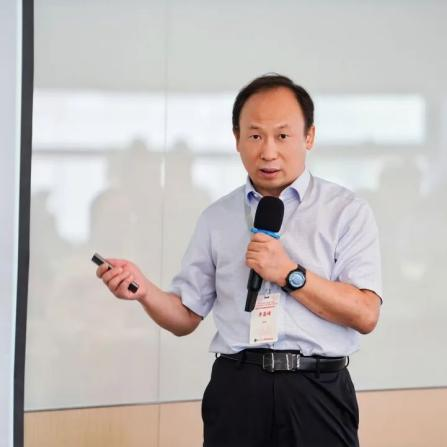
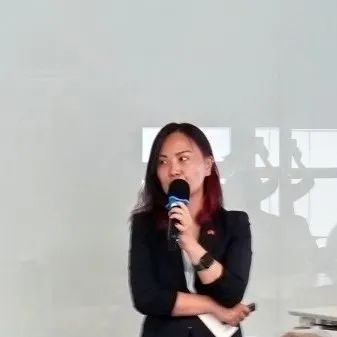
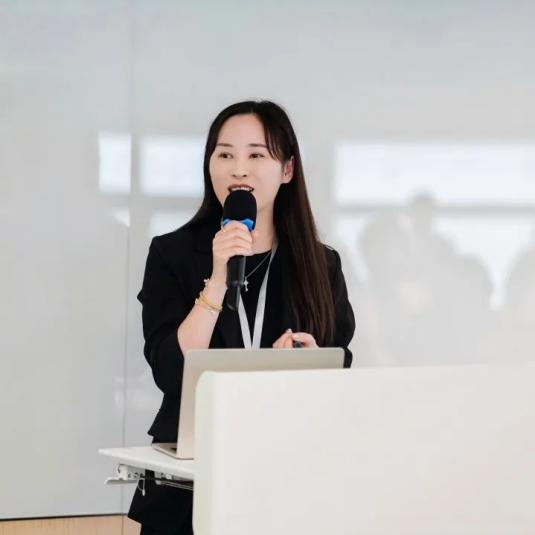
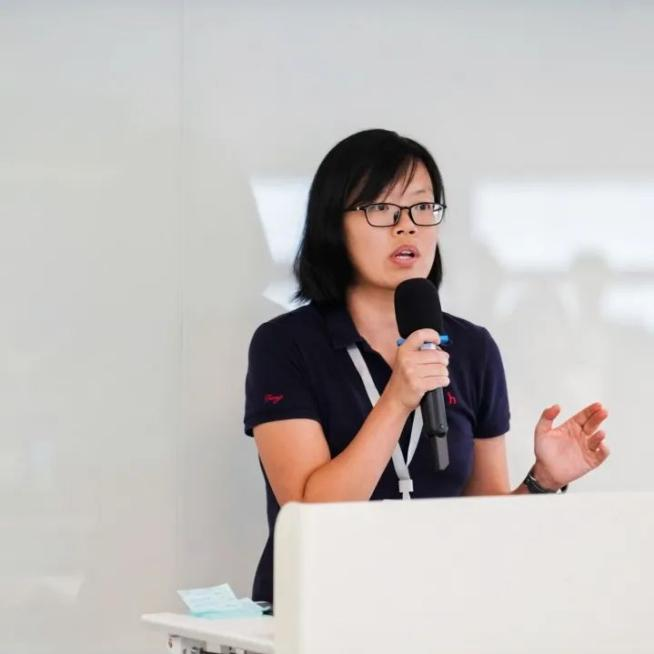
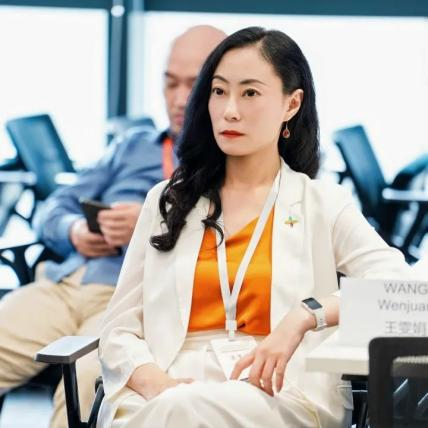


In the interactive dialogue session, Bin Zhang, Climate Change and Sustainability Services (CCaSS) Partner at EY China, believes that the value of Scope 3 data lies in driving management optimization rather than in dealing with disclosure, upgrading Scope 3 accounting from compliance disclosure to management starting point, and reshaping value chain decision-making with "priority and phased promotion". Wenjuan Wang, Syngenta Group China ESG Assistant Director, shared the three major practical pain points of enterprises: difficulty in clarifying personnel responsibilities, overlapping business boundaries and double counting, and difficulty in balancing data confidentiality and disclosure. Yiping Chen, deputy partner of ERM Enterprise Sustainability and Climate Change, said that the industry urgently needs a key of "one-click solution + verification" to directly address the pain points of enterprises.
During the conference summary session, Lijian Zhao, Joint Secretary General of CCEI and Director of the Greentech Innovation and Investment Center at the Institute of Finance and Sustainability (IFS), summarized the discussions and proposed key strategies to promote corporate Scope 3 accounting, disclosure, and emission reduction, including “regulation direction, supporting incentives, shifting perspectives, leading with major players to drive smaller ones, and acting first before perfecting.” CCEI, together with its institutional investor members, will continue to advance Scope 3 disclosure and emission reduction among Chinese listed companies. In the coming months, it will also organize a series of Scope 3 training seminars to identify and promote “top-runners” in the Scope 3 field. Lastly, Lijian Zhao called for partnerships from all sectors leveraging their respective strengths to jointly promote Scope 3 emission reduction and value chain decarbonization via innovation and collaboration.


